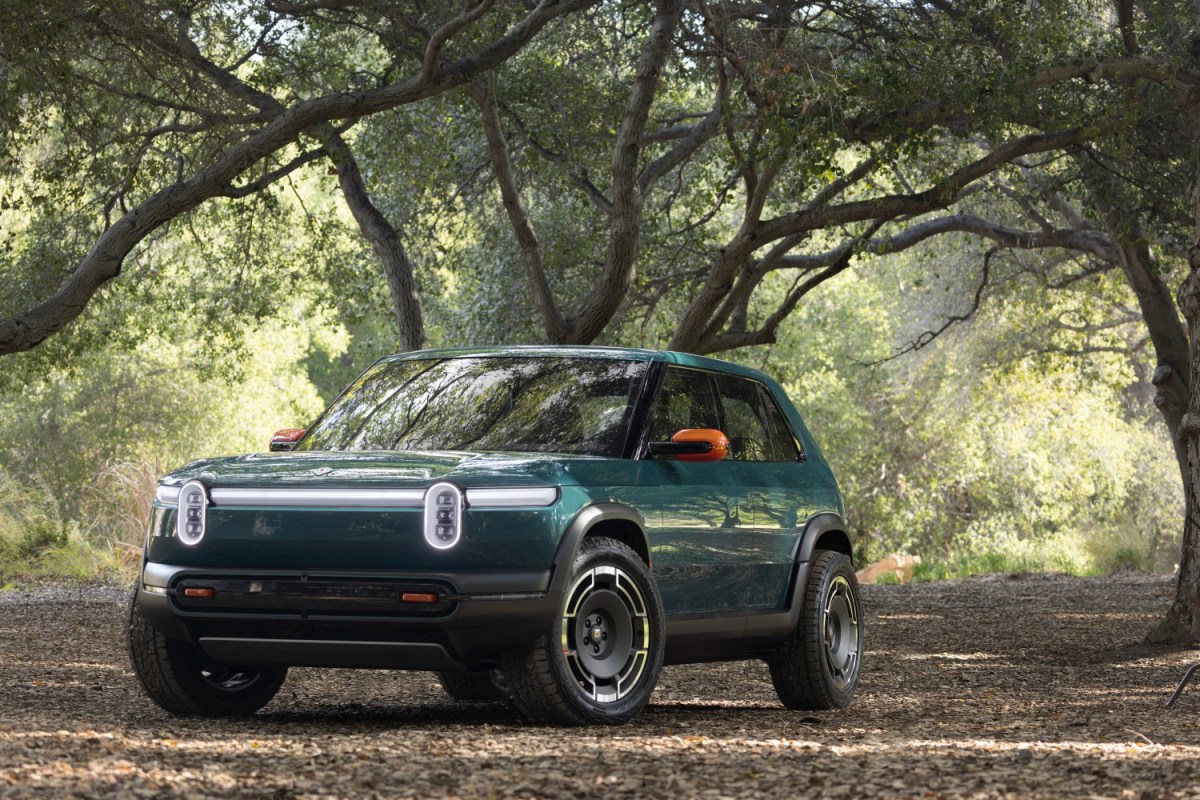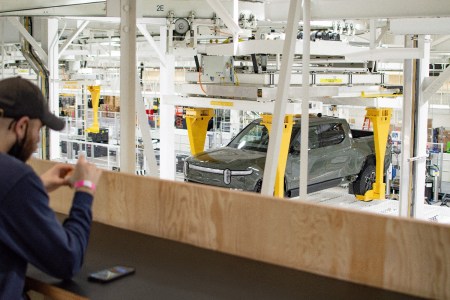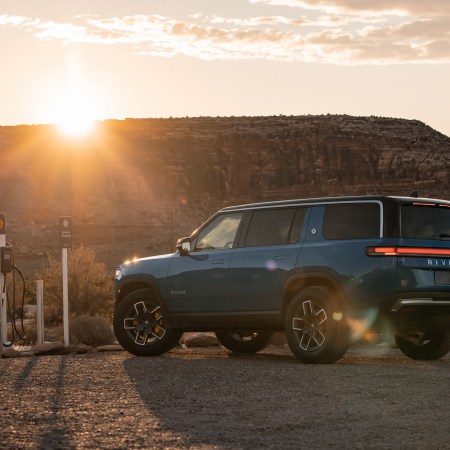If you’ve been following the ups and downs of the domestic EV market, this week has had plenty of twists and turns — and that’s just in terms of two announcements from Rivian, one about postponing a planned factory and one about two new lines of vehicles. It’s a classic good news/bad news situation, or at least that’s how it might look at first. But a deeper look at the company’s announcements points to something a little more unified informing them both.
The company announced details this week of two midsize lines: the Rivian R2 and R3, an SUV and crossover, respectively. (Also in the mix: the R3X, a version of the latter designed, in part, with off-roading in mind.) They also announced, as The New York Times reported, that a planned factory in Georgia would be delayed. The Times noted that Rivian “was committed to building the plant,” though the timeline is a little less clear.
Underlying both announcements is a sense of fiscal stability. The models announced this week will be in a more affordable price range than their previous offerings. The Rivian R2 is “expected to start around $45,000,” and the R3 will cost less. It’s not the Holy Grail of a sub-$25,000 electric vehicle, but it’s a much more competitive price — and one that could get the interest of plenty of potential buyers who might not have been in the market for a Rivian before.
And while the delays of the Georgia facility aren’t ideal from a marketing standpoint, the message the company is sending is more about making more responsible financial decisions. In other words, they’re prioritizing what could be the company’s breakthrough model(s) while also signifying they’re not spending money recklessly.
We Just Got a Step Closer to Seeing Rivian’s Cheaper R2
The EV maker is finally ready for the big unveilingThat’s been one of the paradoxes of the growing ranks of EV startups: for all of the innovation we’ve seen during the last decade, there’s also a real concern that some automakers might not be in it for the long haul. Fisker’s recent announcement about its uncertain future is the latest example of this, but it’s far from alone.
There’s a non-zero “will this automaker still be around in five years” factor that some potential EV buyers are likely weighing along with other aspects of their preferred model. With these two announcements, Rivian is sending a clear message: they’re thinking a little further down the road than many of their peers.
This article was featured in the InsideHook newsletter. Sign up now.














